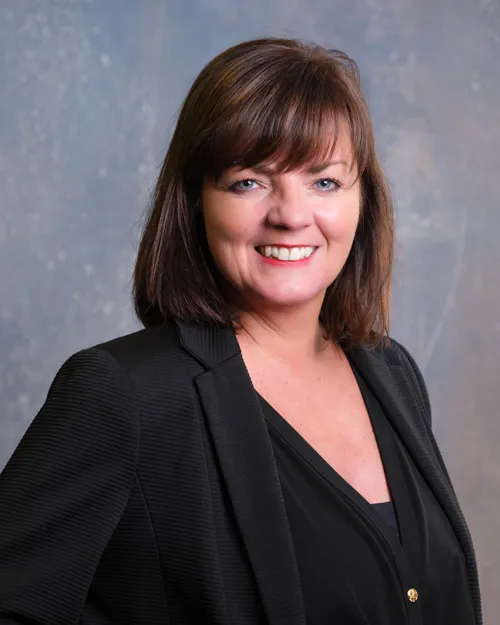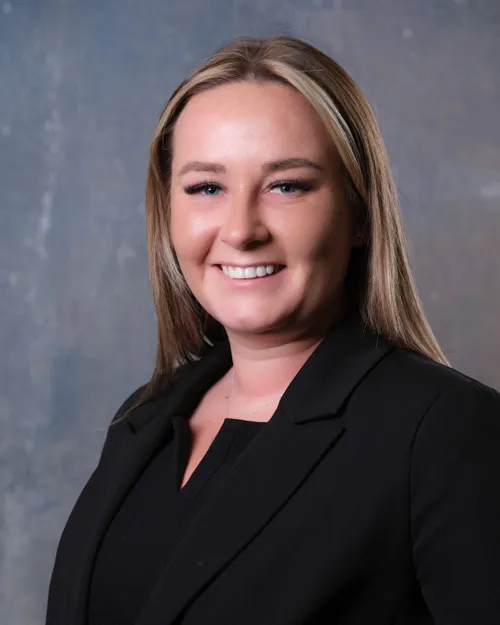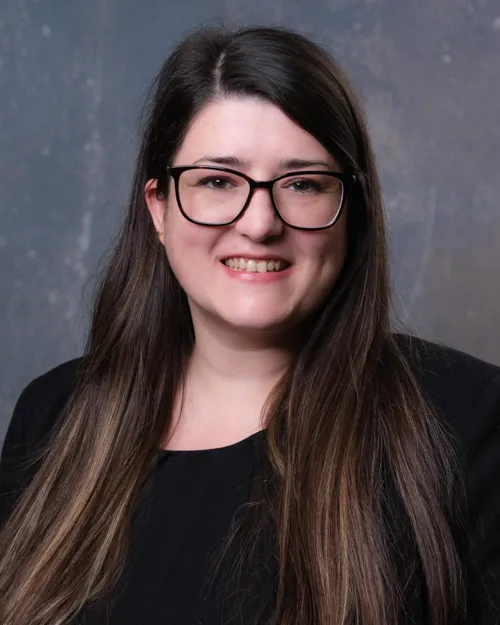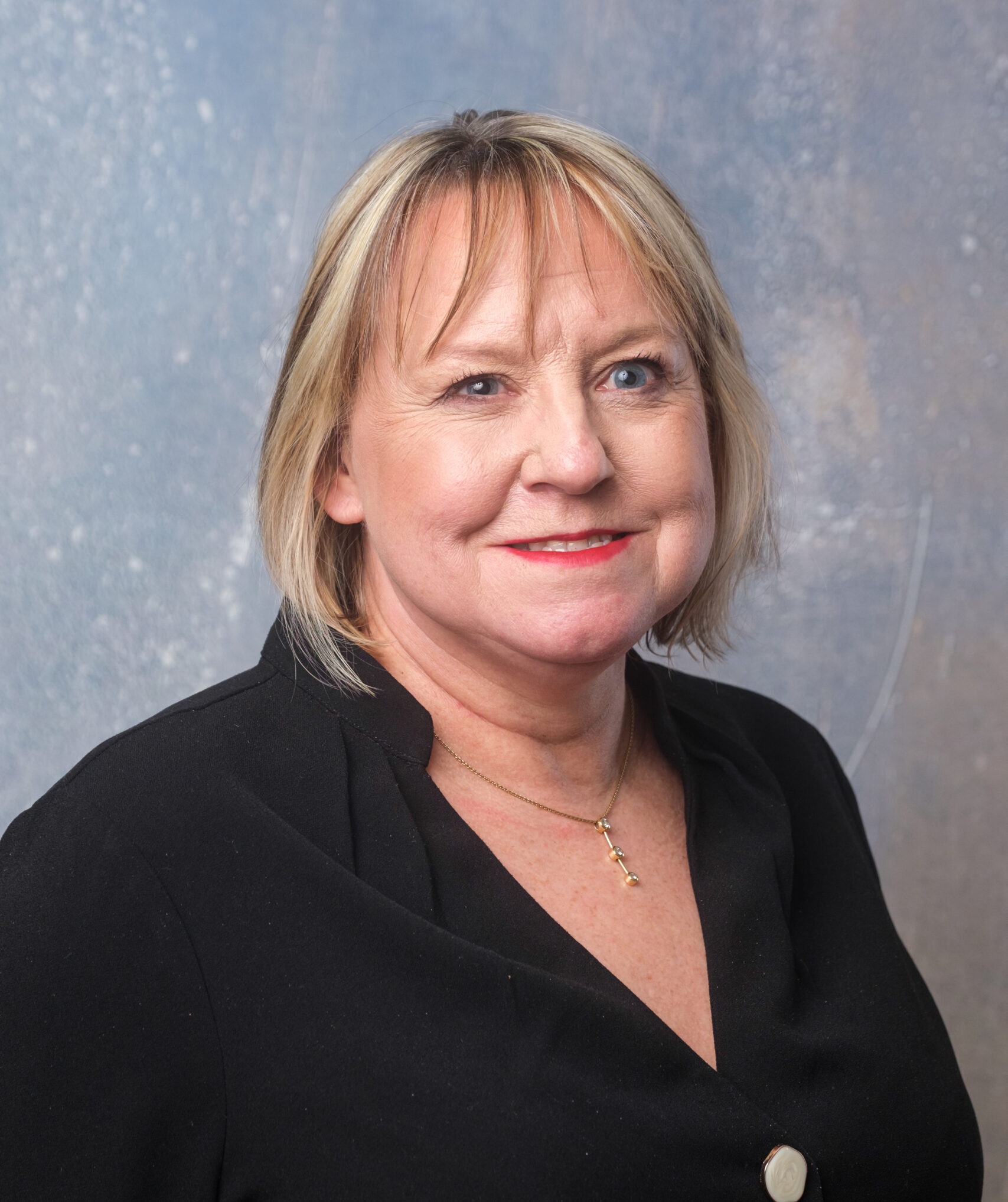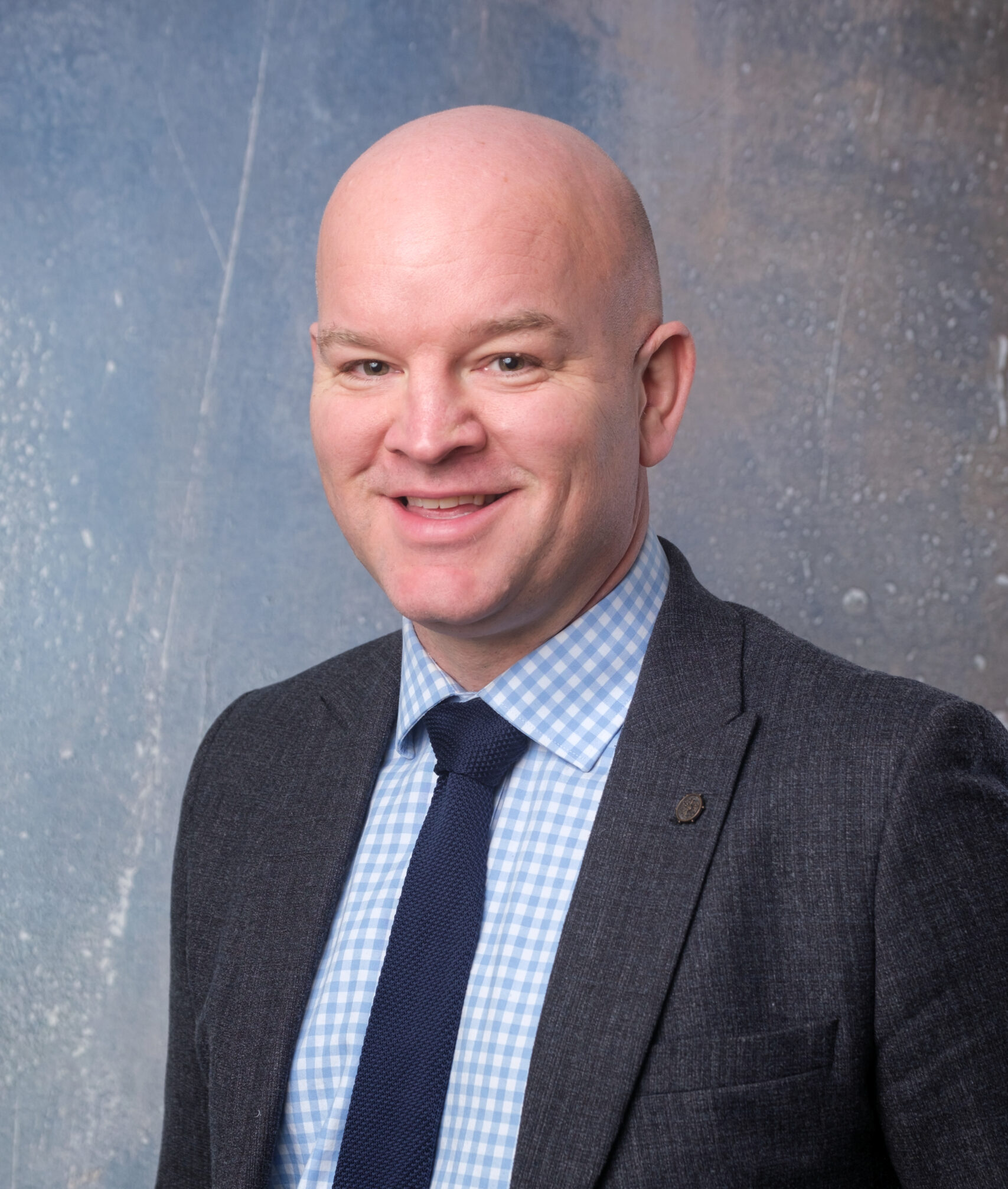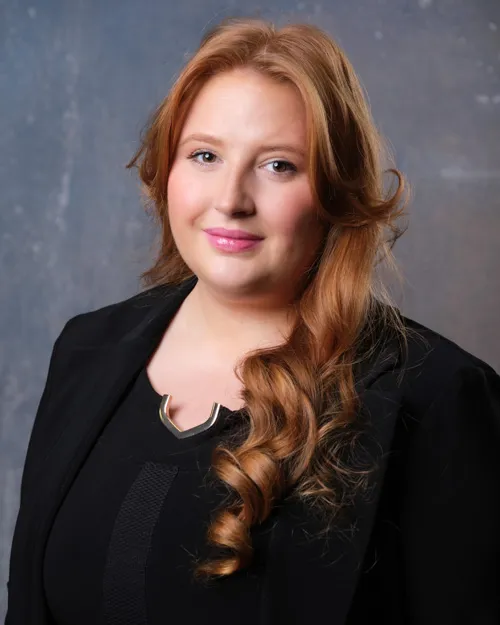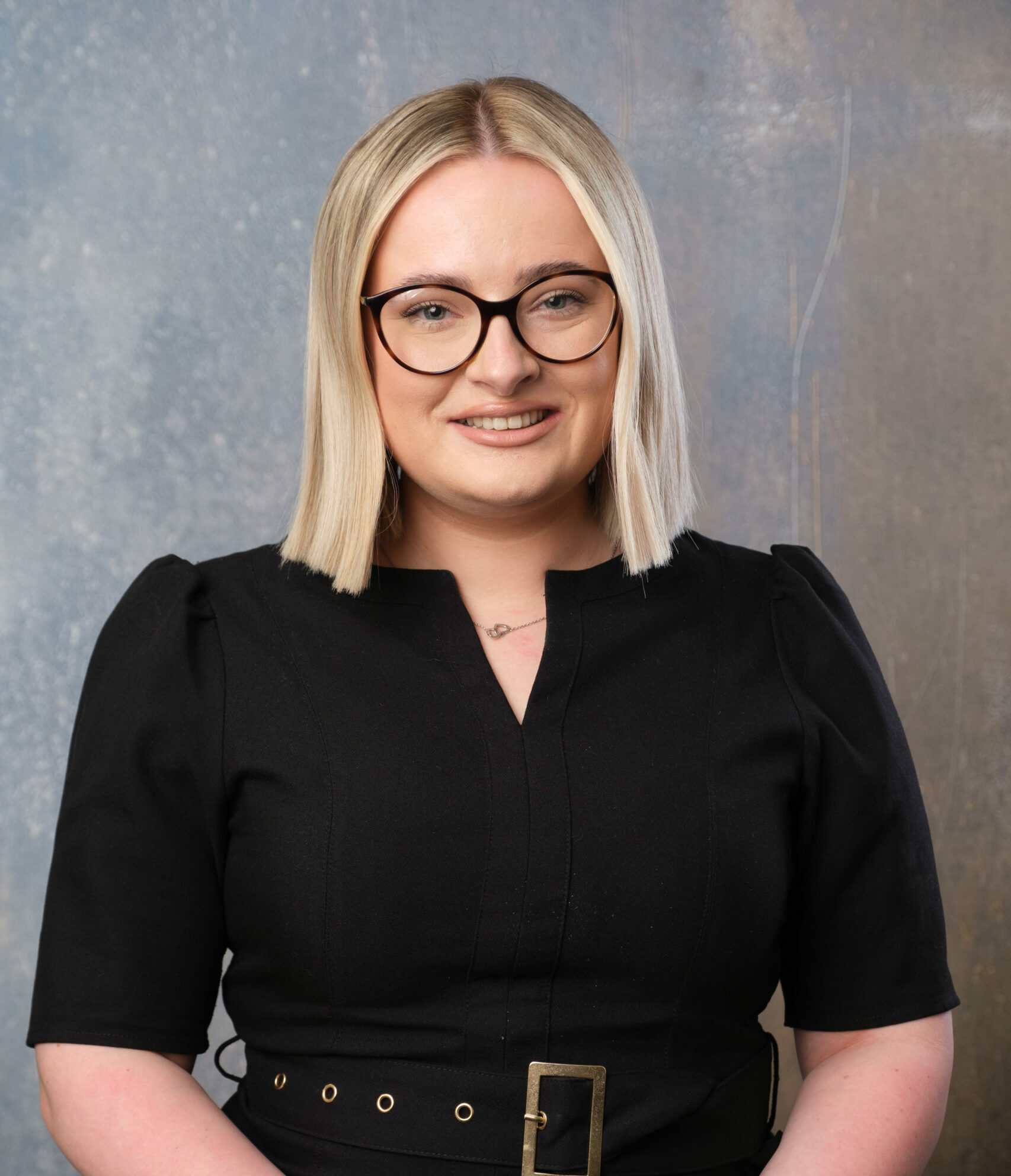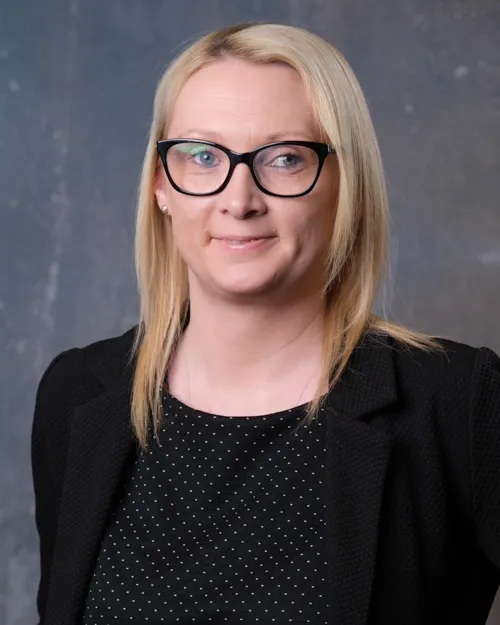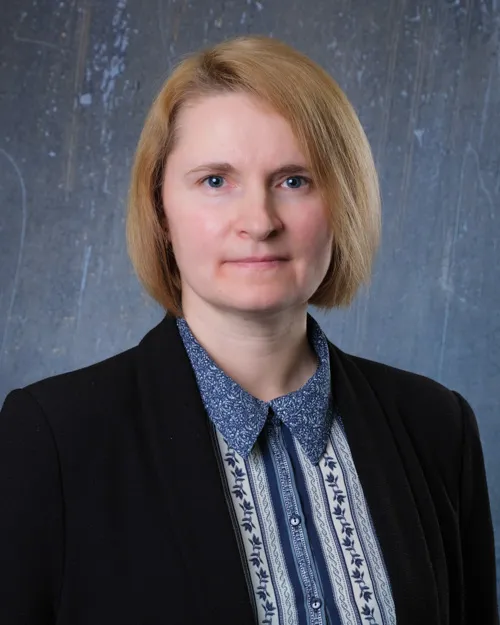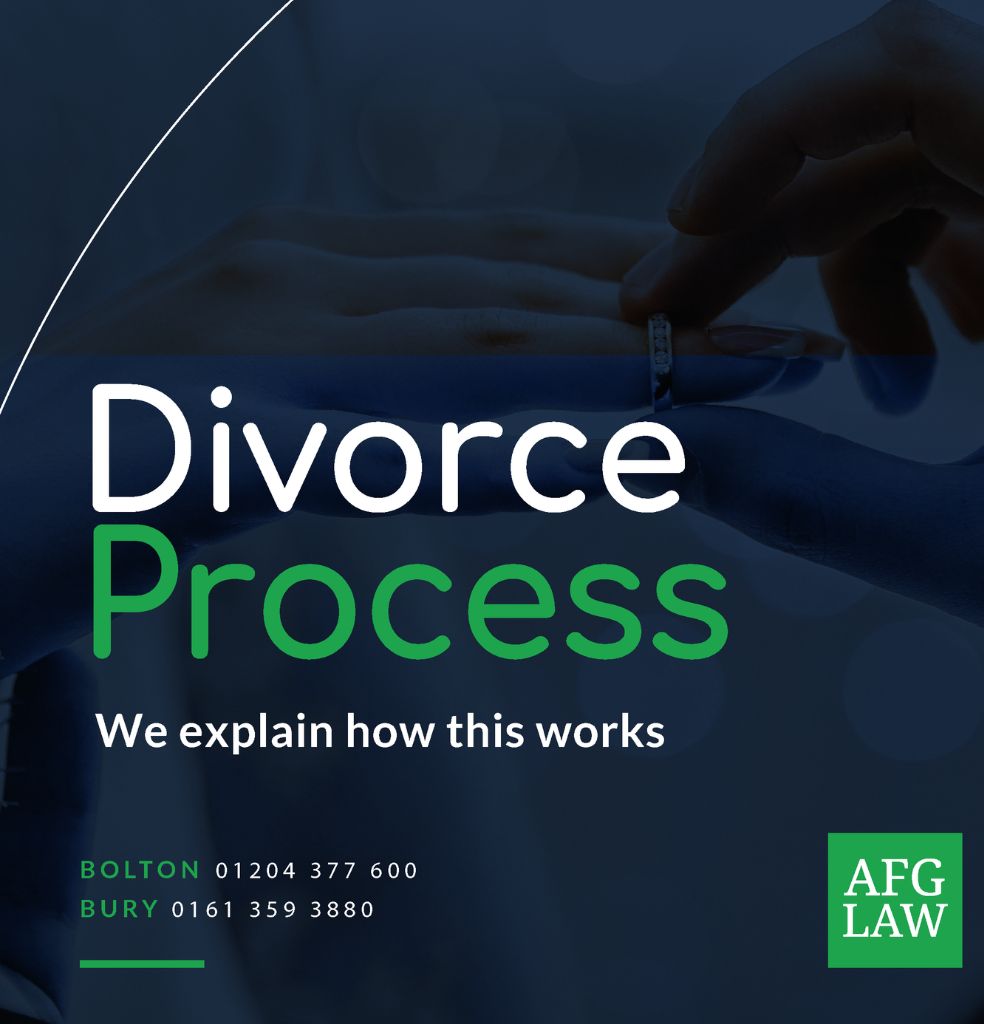A dissolution brings a Civil Partnership to an end but it’s important to realise that it only dissolves the civil partnership and it doesn’t deal with any issues regarding the joint finances, property or any children of the partnership. Our local family solicitors can look at your family circumstances as a whole and provide you with specific advice.
Either civil partner may apply to the court to dissolve the Civil Partnership or a joint application can be made by both civil partners. You will be able to proceed as long as the civil partnership has existed for at least a year; you will also need your original civil partnership certificate or a certified copy. The Civil Partnership dissolution process will take a minimum of 6 months but this can be affected by court delays and the need to resolve financial arrangements alongside the dissolution.
One of the Civil Partners must have been resident or domiciled within England and Wales, registered as civil partners of each other in England and Wales or, in the case of a same sex couple, married each other under the law of England and Wales and it would be in the interests of justice for the court to assume jurisdiction in this case. If you were born, have always lived, and are intending to stay in England and Wales then it is very likely that you are both habitually resident and domiciled in England and Wales. If you are not sure how this applies to you then our dissolution solicitors can help.
The Civil Partner who starts the dissolution process, if a sole application is made, is known as the Applicant. The Applicant will need to make a statement that the Civil Partnership has irretrievably broken down, this is the only ground for a dissolution. It is no longer necessary to assign fault or ‘blame’ the other civil partner. It is hoped that this will help to remove hostility from the process allowing divorcing couples to focus on their children, resolving financial issues and focus on themselves.
The other person, known as the Respondent, will be sent the dissolution application and other documents by the court. Once a dissolution application has been issued there is a ‘period of reflection’ that has been built into the dissolution process by the Divorce, Dissolution and Separation Act 2020. The idea of the period of reflection is to allow people to consider their decision and work through differences to see if they can reconcile but if the parties wish to dissolve the Civil Partnership it can be used to reach a financial settlement and resolve arrangements for the children. The period of reflection means that the Applicant will need to wait for a minimum of 20 weeks between the dissolution application being issued and the court granting the Conditional Order.
The last stage of the divorce is when the Applicant applies for a Final Order. This application is usually delayed whilst the financial arrangements are agreed or any court application for a financial order is finalised and approved by the Family Court.
Once the Family Court makes the Final Order the Civil Partnership is legally brought to an end. The Final Order has important consequences both in terms of financial arrangements and wills. It is important you seek individual about your personal circumstances
I converted my civil partnership to a marriage. Do I need to get a dissolution or a divorce?
From 10th December 2014 it was possible to convert a Civil Partnership to marriage, after conversion you should have received a marriage certificate on which the date of the marriage will have been backdated to the date of the civil partnership. The date of conversion will also appear on the certificate. If you are married you will need to obtain a divorce. You will need your marriage certificate or a certified copy to start proceedings.
I have a heterosexual civil partnership. What should I do?
Civil Partnerships were introduced in 2004 to allow same sex couples the ability to legally register their relationship; in 2018 Civil Partnerships were extended to include heterosexual couples. The process to dissolve a Civil Partnership is the same regardless of how the civil partners identify.
Is a civil partner the same as a common law wife/huband?
No a civil partner is someone who has gone through a Civil Partnership, there is no such thing as a common law wife or husband. If you are not married or in a Civil Partnership and want legal advice on your relationship circumstances, then please look at our information on cohabiting couples and contact our specialist family solicitors.
Can I reach a financial settlement without obtaining a dissolution?
Our solicitors can help you prepare a separation agreement to record the agreement reached about your financial arrangements when you have separated but do not want to dissolve your civil partnership but the only way to get a final, legally binding settlement is to obtain a financial order. This can only be done after the conditional order has been granted as part of the Civil Partnership dissolution proceedings. This financial order can either be reached by agreement between the civil partners and sent to the Family Court for approval by a Judge or decided by the Judge after financial proceedings in the Family Court.
My civil partner and I have connections to different countries, how can we work out if we can get a dissolution in England and Wales?
When civil partners have connections to other countries it may mean that more than one legal jurisdiction is able to deal with the dissolution. There can be pros and cons to starting proceedings in different countries and if you are worried about how this might affect you our experienced solicitors can provide advice. The situation can be more complicated for those in civil partnerships than marriages as in many countries there is no equivalent legal status to a civil partnership in England and Wales. You can commence proceedings for a dissolution in England and Wales if you can satisfy one of the following jurisdiction criteria for the family courts in England and Wales to accept an application for dissolution of the civil partnership:
- Both civil partners are habitually resident in England and Wales
- Both civil partners were last habitually resident in England and Wales and one still resides here
- The Respondent is habitually resident in England and Wales
- The Applicant is habitually resident in England and Wales and has been residing here for the 12 months immediately before the application was made
- The Applicant is domiciled and habitually resident in England and Wales and has been habitually resided in England and Wales for 6 months before the application was made
- Both civil partners are domiciled here
- One civil partner is domiciled in England and Wales
- The civil partnership was registered in England & Wales and no other court has jurisdiction to deal with the dissolution
I’m worried about attending court. Will I have to attend the Family Court for a civil partnership dissolution?
The vast majority of civil partnership dissolutions are dealt with online and you will not have to attend Court or see your civil partner. If you are worried about attending court due to domestic violence then our solicitors can give you information about special measures that can be put in place and make an application to the Family Court
How do I get a civil partnership dissolution financial settlement?
Please see our finances pages for more information.
How can a solicitor help with civil partnership dissolution?
Our specialist civil partnership dissolution solicitors can help from the very start of the process by listening to you, helping select the best fact to rely upon in your dissolution petition and guiding you through the legal process. It can be costly and time consuming to correct mistakes later on in the process so it makes sense to seek legal advice from the start.

